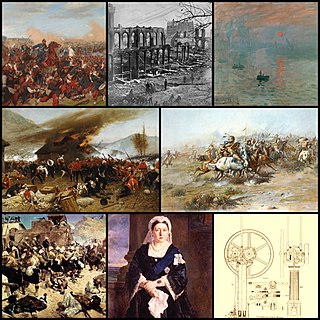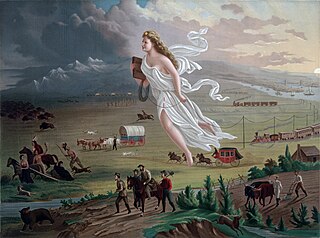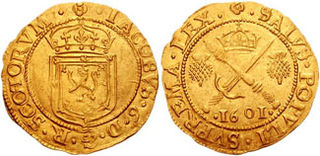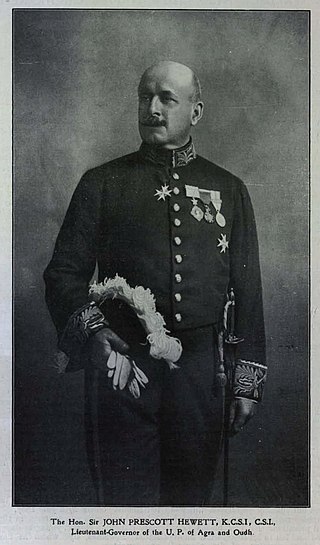William Merk | |
|---|---|
 | |
| Born | William Rudolph Henry Merk 1852 Shimla, British India |
| Died | 1925 (aged 72–73) |
William Rudolph Henry Merk served as the Chief Commissioner of the North-West Frontier Province of British India from 1909 to 1910. [1]
William Merk | |
|---|---|
 | |
| Born | William Rudolph Henry Merk 1852 Shimla, British India |
| Died | 1925 (aged 72–73) |
William Rudolph Henry Merk served as the Chief Commissioner of the North-West Frontier Province of British India from 1909 to 1910. [1]

The 1870s was a decade of the Gregorian calendar that began on January 1, 1870, and ended on December 31, 1879.

The 1860s was a decade of the Gregorian calendar that began on January 1, 1860, and ended on December 31, 1869.

Manifest destiny was a cultural belief in the 19th-century United States that American settlers were destined to expand across North America.
A swordfish is a type of large fish.

William John Swainson FLS, FRS, was an English ornithologist, malacologist, conchologist, entomologist and artist.

The pound was the currency of Scotland prior to the 1707 Treaty of Union between the Kingdom of Scotland and the Kingdom of England, which created the Kingdom of Great Britain. It was introduced by David I, in the 12th century, on the Carolingian monetary system of a pound divided into 20 shillings, each of 12 pence. The Scottish currency was later devalued relative to sterling by debasement of its coinage. By the time of James III, one pound Scots was valued at five shillings sterling.
Thomas Merke was an English priest and Bishop of Carlisle from 1397 to 1400.
Merck refers primarily to the German Merck family and three companies founded by the family, including:

The merk is a long-obsolete Scottish silver coin. Originally the same word as a money mark of silver, the merk was in circulation at the end of the 16th century and in the 17th century. It was originally valued at 13 shillings 4 pence, later raised to 14s. Scots.

Markus Merk is a former top-level German football referee. He is a six-time winner of the German Referee of the Year Award and the record holder in games refereed in the Bundesliga. In 2005, Merk was awarded the German Bundesverdienstkreuz in recognition of his service to football and his charity work in India. He ended his career by refereeing the match between Bayern Munich and Hertha BSC Berlin on the last day of the 2007–08 Bundesliga season on 17 May 2008.

Sir John William Pitt Muir Mackenzie was the acting governor of Bombay during the British Raj from 27 July 1907 to 18 October 1907.
The Alliance Bank of Simla was a British-run though India-registered bank that commenced operations in Simla in 1874 under the management of James Lewis Walker. The bank was established to take over the business of the United Bank of India, established in 1866, which had operations in Simla and Umballa. Its board put the United Bank of India in voluntary liquidation on 21 March 1874, and Alliance Bank commenced operations two days later. After 49 years, Alliance Bank failed on 27 April 1923 due to speculation by its management. At the time that it failed it had 36 branches, including ones in Lahore, Lucknow, Peshawar, Rawalpindi, and Rangoon.
Wellington, was a parliamentary electorate in Wellington, New Zealand. It existed from 1853 to 1905 with a break in the 1880s. It was a multi-member electorate. The electorate was represented, over the years, by 24 members of parliament.
Waimea was a parliamentary electorate in the Nelson Province of New Zealand, from 1853 to 1887. Initially represented by two members, it was a single-member electorate from 1861.
William John Huggins was a British marine painter who won royal patronage for his work.
The third New Zealand Parliament was a term of the Parliament of New Zealand. Elections for this term were held between 12 December 1860 and 28 March 1861 in 43 electorates to elect 53 MPs. Two electorates were added to this during this term, Gold Fields District and a new Dunedin electorate created by splitting the existing City of Dunedin into Dunedin and Suburbs North and Dunedin and Suburbs South, increasing the number of MPs to 57. During the term of this Parliament, six Ministries were in power.
The Afghan Boundary Commission was a joint effort by the United Kingdom and the Russian Empire to determine the northern border of Afghanistan The Boundary Commission traveled and documented the northern border area during 1884, 1885, and 1886.

Sir John Prescott Hewett was a British Indian civil servant who served as Lieutenant Governor of the United Provinces of Agra and Oudh and later as a Conservative MP for Luton.